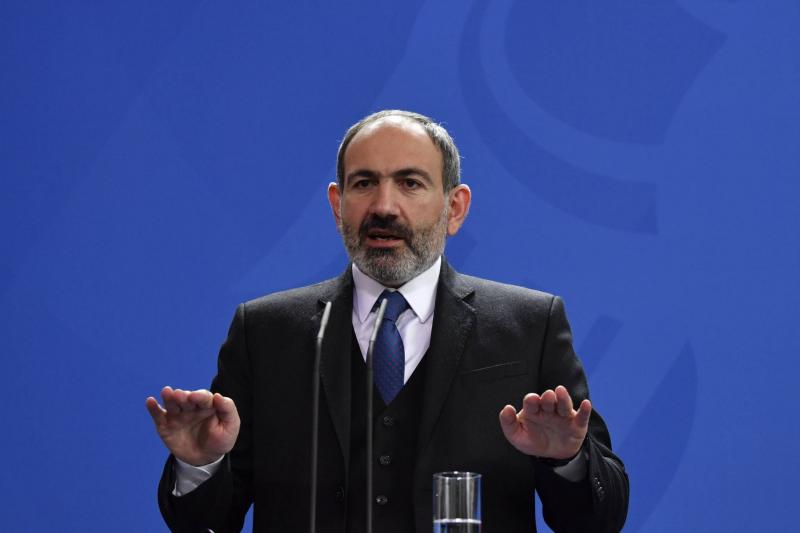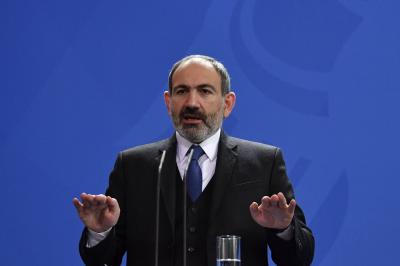The Armenian government announced today, Wednesday, that Prime Minister Nikol Pashinyan will travel to Spain for talks with the European Union tomorrow, Thursday, despite reports that Azerbaijani President Ilham Aliyev will not attend. Official media reported that "Aliyev decided not to participate in the EU-mediated meeting in Spain, where he could have discussions with Pashinyan."
According to the Azerbaijani news agency, Aliyev insisted on the attendance of Turkish representatives at the meeting, but France and Germany opposed this demand. Aliyev was considering attending a five-party meeting in Granada, Spain, tomorrow, with the leaders of France, Germany, Armenia, and European Council President Charles Michel. The five were set to discuss the future of Nagorno-Karabakh after Baku regained full control over the region during a 24-hour military operation on September 19, as well as reviewing the progress of the long-stalled peace talks between Azerbaijan and Armenia.
Russian news agency Interfax quoted Pashinyan expressing regret over missing the opportunity for talks with Aliyev, stating that he is ready to sign what he described as a document related to peace talks between the two countries. The Russian government news agency reported that "Nikol Pashinyan expressed today, Wednesday, his readiness to resign if it would help restore normalcy in the country."
This comment reflects the increasing pressures on Pashinyan since Azerbaijan's takeover of the largely ethnic Armenian region of Nagorno-Karabakh last month. Since then, more than 100,000 people, representing most of the region's population, have fled and sought asylum in Armenia, which has a population of about 2.8 million. Pashinyan, who has been in power since 2018, stated that Armenia faces ongoing challenges.
The region is internationally recognized as part of Azerbaijan, but a majority of its ethnically Armenian population has enjoyed actual independence since breaking away during a war in the 1990s following the collapse of the Soviet Union. The two neighboring countries have fought two wars over Karabakh in the past thirty years, and the efforts by the EU, United States, and Russia have not yet convinced them to sign a peace treaty.




